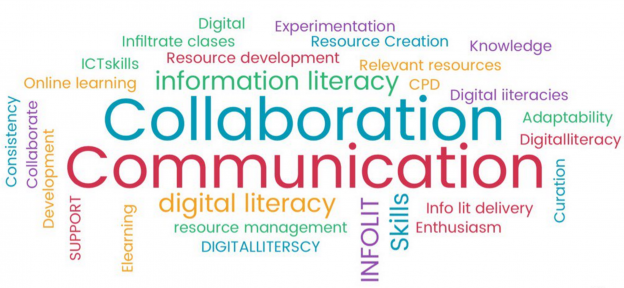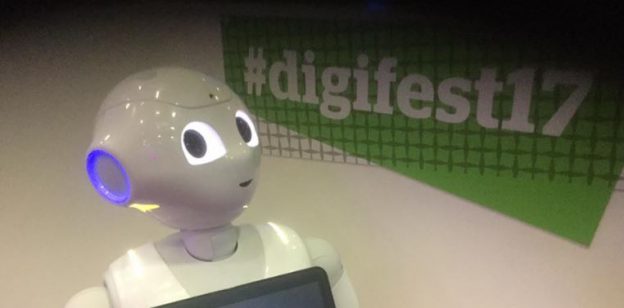This the fifth in a series of blogs looking at online language… What is it? How is it being used? Why do we need to teach it? Here Esther looks at why we need to teach online language as part of digital capability and basic literacy.



This the fifth in a series of blogs looking at online language… What is it? How is it being used? Why do we need to teach it? Here Esther looks at why we need to teach online language as part of digital capability and basic literacy.

News about Scott’s recent attendance at the CoLRIC event ‘Let’s Go Digital!’ celebrating how libraries are successfully creating a digital culture and are supporting teaching and learning with the digital literacies agenda.

This the fourth in a series of blogs looking at online language… What is it? How is it being used? Why do we need to teach it? Here Esther looks at how online communities use language characteristics and conventions as part of their identity.

This the third in a series of blogs looking at online language… What is it? How is it being used? Why do we need to teach it? Here Esther talks about David Crystal’s theory that online language is neither speaking nor writing although it has features of both. It’s a new species of language.

This the second in a series of blogs looking at online language… What is it? How is it being used? Why do we need to teach it? Here Esther looks at four different characteristics of this method of communication – what features and etiquette do we see developing online?

This the first in a series of blogs looking at online language… What is it? How is it being used? Why do we need to teach it? Esther starts by describing how she came to do a PhD in education and online language.

In a recent webinar, Andy Kirk of Visualising Data fame, talked about the roles and responsibilities involved in effective data visualisation projects. Chris summarises what he learnt and draws comparisons with the Jisc digital capability framework.

Esther reflects on how she learned to teach without speaking and what that meant for her practice as a learning technologist.

Scott explores how social media can be put to good effect to amplify events with some practical tips and tricks picked up from the recent #Digifest17 event.

With such rapid development in technology and limited resources in education, it’s hard for leaders to know which innovations in technology are likely to succeed and potentially transform learning, professional practice and the effectiveness of their institution. Looking forward to this year’s Jisc Digital Leaders programme, Chris gives some simple guidance on identifying the projects that are likely to make a difference.